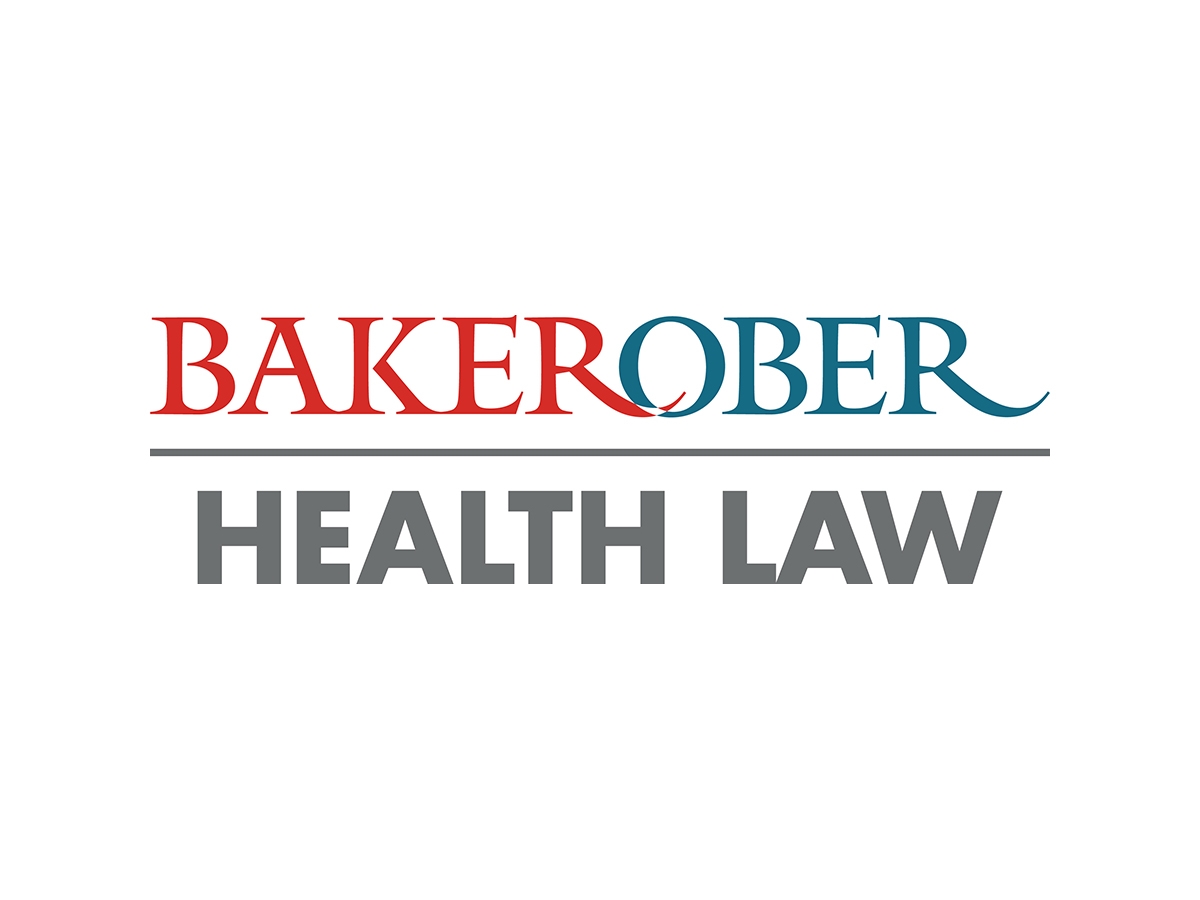[ad_1]
Fund
Similar to the long-standing Federal Anti-kickback Law (AKS), which came into effect on October 24, 2018, EKRA generally prohibits bribes or any other form of remuneration for dismissals. EKRA is, in a sense, a narrower ban than AKS. While the AKS potentially applies to referrals of any item or service paid for under a federal health care program, EKRA only applies to referrals to a recovery home, clinical treatment center, or clinic. laboratory (EKRA suppliers). In another sense, EKRA is a broader ban than AKS. While AKS only applies to items or services paid for under a federal health care program, such as Medicare and Medicaid, EKRA applies to services paid for under any health care program. , including government payers and commercial insurers.
AKS and EKRA each include exceptions to their general prohibitions. AKS exceptions are either set out specifically in law or included in regulations issued by the Office of the Inspector General (OIG) specifying the provisions protected by safe zones. EKRA only has legal exceptions. While the AKS has separate exceptions for bona fide employee payments and payments to independent contractors – the latter as part of a safe harbor for personal services and management contracts – EKRA includes a single exception. which potentially applies to payments to employees and independent contractors. The exception requires that such payments not be linked to the number of people referred to an EKRA provider, the number of tests or procedures performed, or the amount invoiced or received in relation to people referred to a particular EKRA provider.
Due to these provisions, EKRA is generally considered to prohibit EKRA suppliers from paying sales commissions to employees or independent contractors. A U.S. District Court in Hawaii ruled that was not the case, at least with respect to commissions related to sales of clinical labs.
Case facts
In that case, S&G Labs Hawaii vs. Graves, Civ. N ° 19-00310, 2021 WL 4847430 (D. Haw. 18 Oct. 2021), the employment contract of the laboratory accountant provided for a base salary plus percentages of net profits from his own accounts receivable and those of employees of the laboratory he managed. After the promulgation of the EKRA, the laboratory informed it that it had to revise these contractual provisions. After the parties failed to agree on a new contract, the lab terminated the account manager’s employment. Litigation ensued, with the lab and the account manager each alleging violations of the law by the other. The account manager claimed that the lab had broken their employment contract and owed unpaid wages. The lab responded that these payments would have violated EKRA and that the law made the contract provisions for commission-based payments illegal and unenforceable. The lab asked the court for a summary judgment on that basis. The court, however, interpreted the law differently.
Court decision
The court determined that the laboratory’s payments to the account manager under the employment contract constituted remuneration as that term was used in EKRA. However, these payments would be not violate EKRA’s prohibition on paying or offering remuneration “(A) to induce the dismissal of a individual to a… laboratory; or (B) in exchange for the individual using the services of this… laboratory…. “18 USC 220 (a) (2) (A), (B) (emphasis added).
The court recognized that “individual”, as mentioned in section A of the EKRA ban (above), referred to the patient being tested. However, according to the court, since the sales efforts were directed towards the doctors and other clients of the laboratory, the account manager was not paid to incite the recommendations of people at the laboratory because EKRA is prohibited. The court said:
Undoubtedly, [the accounts manager’s] commission-based compensation structure prompted him to try and bring more business to [the lab]…. However, the “client” accounts … served were not individuals whose samples were tested at. [the lab]. …[The lab] was not remunerated by these “clients”. …Because [the accounts manager] did not work with individuals, the compensation that [the lab] paid him was not paid to induce him to refer individuals to [the lab].
Analyzing the prohibition in Article B EKRA (above), the court appears to have determined that, in this case, “individual” referred to the account manager. According to the court, the EKRA ban did not apply here “because the remuneration was not paid in exchange for [the accounts manager’s] the use of [the lab’s]… services.”
The court recognized that the commission-based payments provided for in the employment contract are not not meet the potentially applicable EKRA exception for payments to employees and independent contractors because the employee’s compensation has been depending on the number of tests performed by the laboratory. However, the court said that since the payment of the compensation did not violate the EKRA ban, it was irrelevant whether the exception to the ban applied.
The court concluded that the employment contract did not violate EKRA. Therefore, when the laboratory refused to pay the account manager the amounts due under the agreement, it broke the parties’ contract and became liable for damages.
Conclusion
The court’s analysis will likely surprise the vast majority of lawyers and others who have attempted to apply EKRA to commission-based payments. The decision is unlikely to be the last word on the matter. As a result, clinical laboratories, clinical treatment facilities and convalescent homes – the three providers subject to EKRA – may be reluctant to rely on the court’s decision. The EKRA is a relatively new law with little or no further guidance as to its meaning. This requires continued attention to legal developments by EKRA suppliers and a commitment to take all necessary steps to maintain compliance with the law as interpreted and applied by government authorities, including federal courts.
[ad_2]

